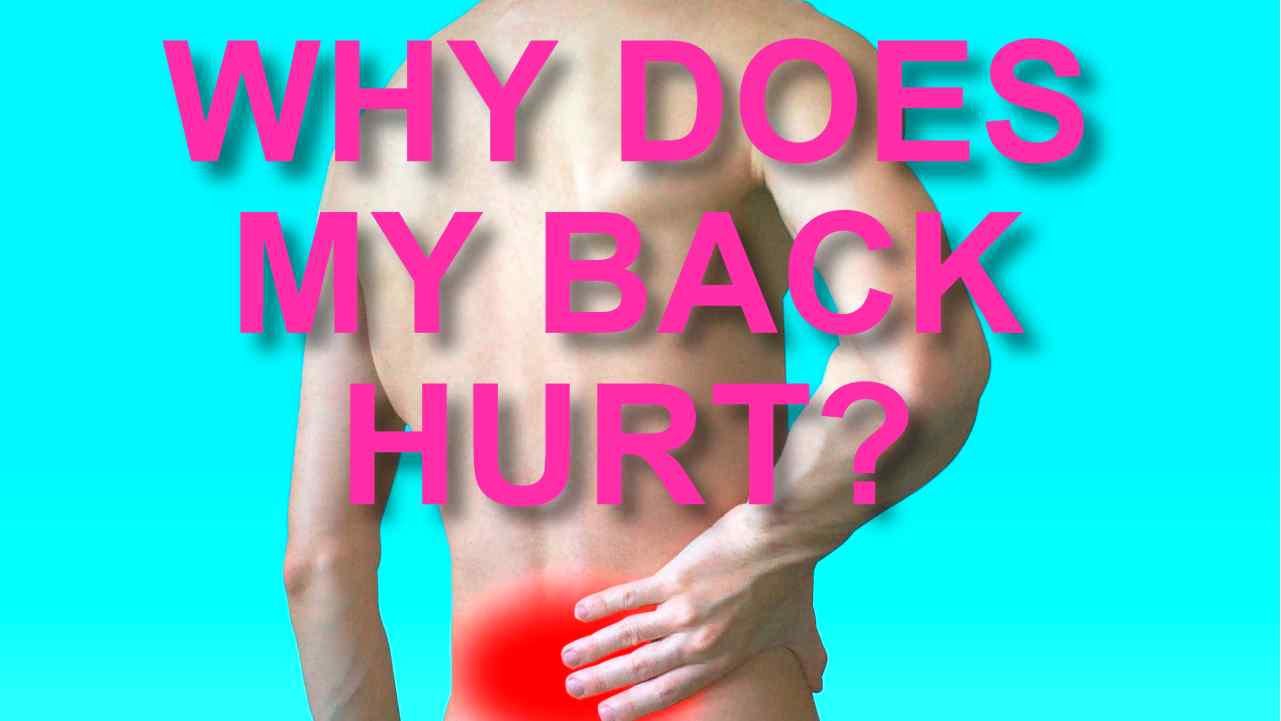Table of Contents
Intro Why Does My Back Hurt?
Back pain is a common complaint that can be caused by many different factors, including poor posture, injury, or an underlying medical condition. If you have been experiencing back pain, you may be wondering why your back is hurting and what could be causing it. This article will explore the possible causes of back pain and provide advice on how to manage it. While everyone experiences back pain differently, there are common signs and symptoms that can help you identify potential sources of discomfort.
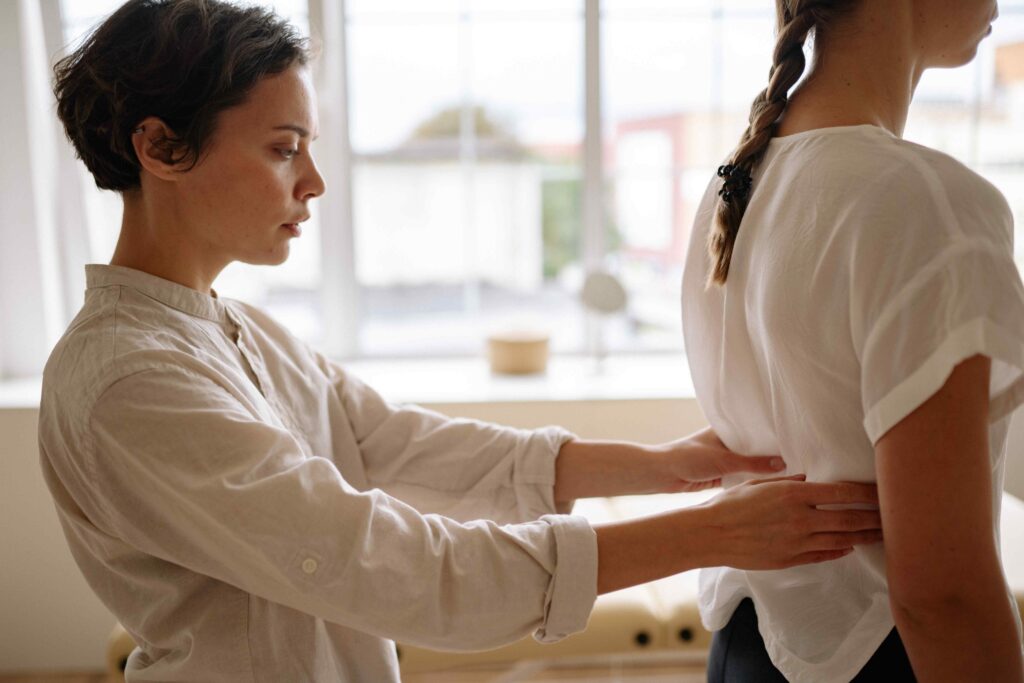
Back Pain Symptoms And Causes
There are various reasons why back pain occurs, and it is a prevalent problem that affects people of all ages. One of the most common causes is poor posture, which puts unnecessary pressure on the spine and muscles, leading to discomfort and stiffness. Another reason for back pain is muscle strain or sprain due to overexertion or sudden movements. This can occur while playing sports or lifting heavy objects improperly.
In some cases, underlying medical conditions like spinal stenosis, herniated discs or arthritis can cause chronic back pain. Poor sleeping habits and lack of regular exercise can also lead to back problems. Ageing is another factor that contributes to spinal degeneration and consequently leads to discomfort in the lower back region.
It's essential to identify the root cause of your back pain as early as possible so you can take steps towards prevention or treatment. Regular physical activity, maintaining good posture while sitting and standing, proper weight management along with a balanced diet are some ways that can help prevent future occurrences of back pain. Seeking professional help from a doctor or physiotherapist when experiencing severe symptoms will ensure timely intervention before it worsens into long-term problems.

Common Causes of Lower Back Pain
Back pain is a common condition that affects millions of people around the world. There are several causes of back pain, including muscle or ligament strain, herniated discs, spinal stenosis, osteoporosis, and arthritis. Muscle or ligament strain often occurs due to heavy lifting or sudden movements that cause the muscles and ligaments in the back to stretch beyond their limits.
Herniated discs are another common cause of back pain. These occur when the soft tissue inside a spinal disc protrudes through a crack in the exterior casing of the disc. Spinal stenosis is a condition where the spaces within your spine narrow, causing pressure on your nerves and leading to back pain. Osteoporosis can also lead to back pain as it weakens bones over time.
Finally, arthritis can cause inflammation in joints throughout your body including those in your spine leading to chronic backaches. Understanding these causes of back pain can help you take preventive measures like maintaining good posture at work and home, stretching regularly before physical activity or exercise routines while seeking medical attention for any persistent symptoms you may experience.
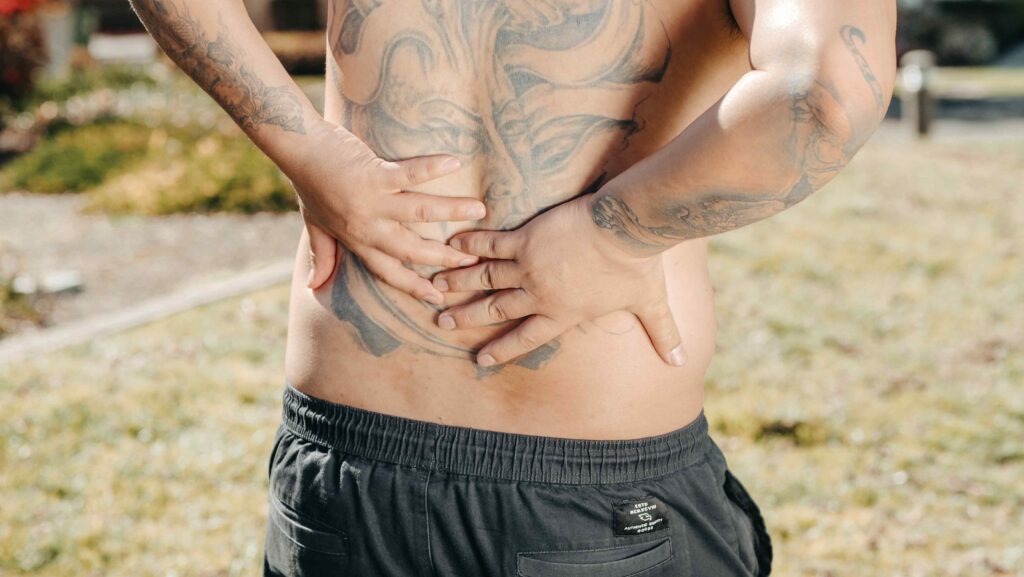
Diagnosing the Symptoms Of Back Pain
Back pain is one of the most common health complaints that people experience. There are numerous reasons why your back may hurt, from a strain or sprain to a more serious condition such as herniated discs or spinal stenosis. In order to diagnose the problem, it is important to pay attention to the frequency and intensity of your pain, as well as any other symptoms that you may be experiencing.
Some things to consider include where the pain is located in your back, whether it radiates down into your legs, and whether there are any triggers that seem to make it worse. Additionally, factors such as age, weight and medical history can also play a role in determining what might be causing your back pain. Once you have identified some possible causes for your discomfort, it is important to seek out a qualified healthcare professional who can help you determine the best course of treatment for your specific needs.
Ultimately, diagnosing the problem behind chronic back pain can be challenging since there are so many different potential causes. However, by paying close attention to your symptoms and seeking out expert advice when necessary, you can increase your chances of finding effective relief for this often debilitating condition.
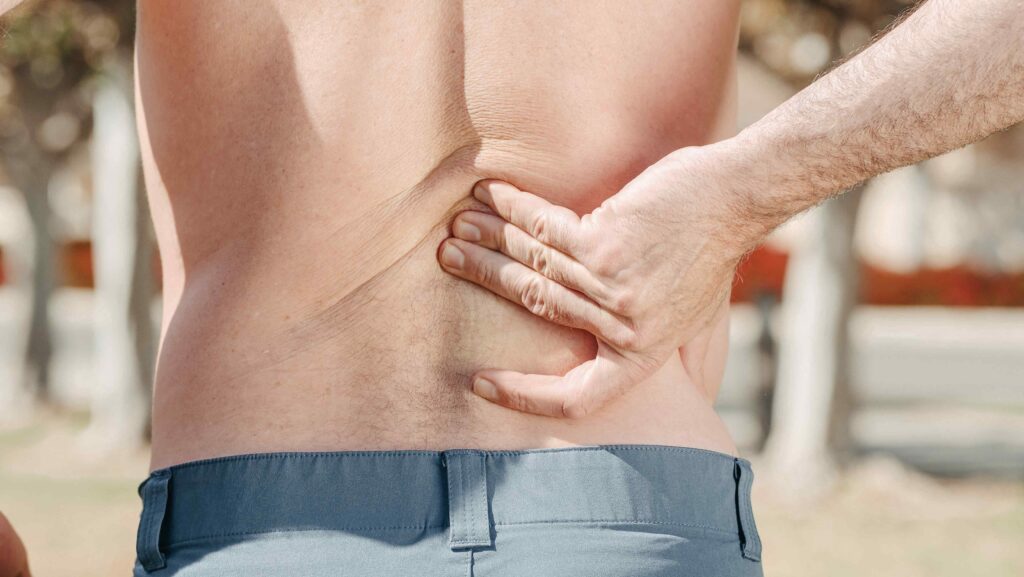
Slipped Discs And Chronic Back Pain Time Too See A Doctor
Back pain is something that can severely affect a person's quality of life. One major cause of back pain is a slipped disc, also known as a herniated disc. The lower back is especially vulnerable to this condition, which occurs when a disc between the vertebra in the spine slips out of place or ruptures, putting pressure on nerves and causing pain. A herniated disc can be caused by many things, including a sudden movement or twisting of the back, lifting something heavy improperly, or simply getting older.
Symptoms vary depending on the cause and severity of the herniation, but can include low back pain, cramping, numbness, and weakness in the legs. Depending on the severity of these symptoms, it may be necessary to see a doctor for treatment. In some cases, surgery may be required to relieve pressure on the spinal cord or nerves. It is important to take care of your back and avoid activities that can cause pain or injury to the tendons and muscles that support it.
If you're experiencing back pain or wondering “why does my back hurt,” it's worth consulting with a medical professional to determine the cause and receive appropriate treatment.
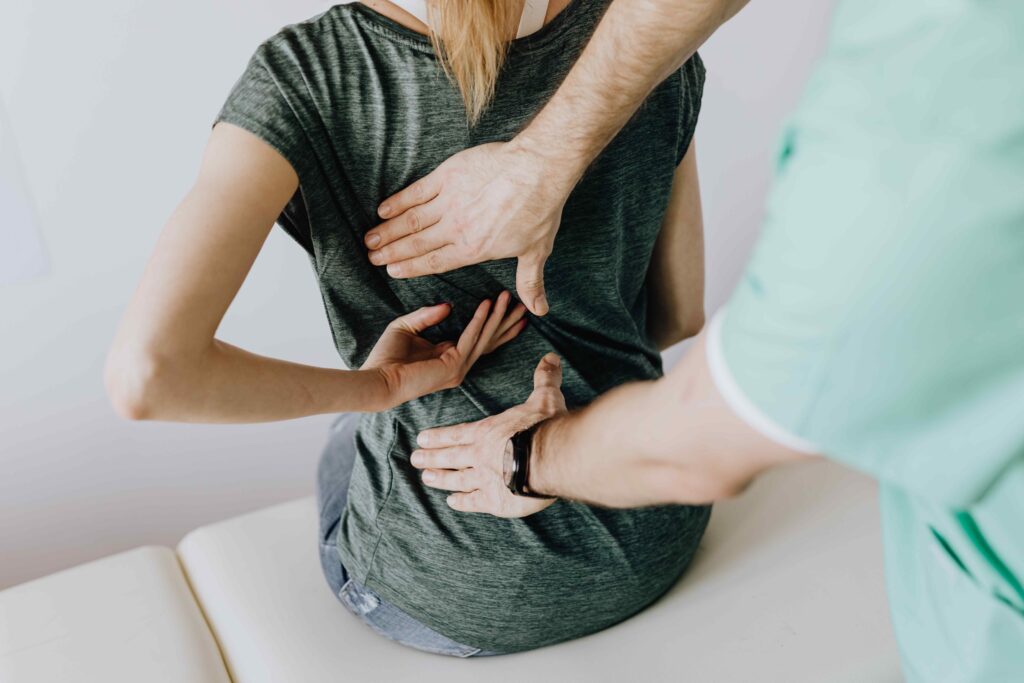
Arthritis Can Cause Low Back Pain
Arthritis can cause low back pain due to inflammation in the joints of the spine or the lower back. The condition can affect the vertebrae, tendons and ligaments, all of which make up the spinal column. When arthritis is present, the body may produce extra fluids to protect the joints, leading to swelling and stiffness. Additionally, the condition can cause the cartilage in the spine to wear down, causing bone-on-bone contact and pain.
Arthritis can affect any age group, and its onset is often linked to genetics or an injury. Low back pain caused by arthritis can be acute or chronic and may feel like a dull ache or a sharp, stabbing pain. Fortunately, there are several treatment options available to relieve symptoms of arthritis-induced back pain.
These treatments may include medication, physical therapy, or changes to one's lifestyle. Individuals experiencing low back pain should consult with their healthcare provider to determine the underlying cause of their pain and to develop a treatment plan suited to their needs. Understanding the causes of low back pain can help those experiencing discomfort identify why their back may hurt and work toward finding relief.

Treatments for The Symptoms Of Lower Back Pain
Back pain is a common condition that affects millions of people around the world. The causes of back pain can vary, with some people suffering from muscle strains or sprains, while others may experience herniated discs or degenerative conditions such as arthritis. Regardless of the cause, back pain can be debilitating and greatly impact a person's quality of life.
Thankfully, there are several treatment options available for those who suffer from back pain. One option is physical therapy, which can help to strengthen muscles and improve flexibility in the affected area. Another popular treatment is chiropractic care, which involves manipulation of the spine to alleviate pressure and reduce inflammation.
In addition to these treatments, medications such as pain relievers or muscle relaxants may be prescribed by a doctor to help manage symptoms. In severe cases where other treatments have failed, surgery may be necessary to correct underlying issues causing the back pain. Overall, it's important for those experiencing back pain to seek medical attention promptly in order to find an appropriate treatment plan that works for them.

Exercise for Relief And To Help Prevent Back Pain
Back pain can be caused by various factors such as poor posture, muscle strain, and injury. However, one of the most common causes of back pain is inactivity or lack of exercise. When you don't engage your muscles regularly through physical activity, they become weak and stiff, which can lead to discomfort and pain.
Fortunately, exercise can be an effective solution for relieving back pain. Physical activity helps to strengthen the muscles around your spine, providing better support and stability to prevent future injuries. It also increases blood flow to the affected area, which promotes healing and reduces inflammation.
There are many exercises that can help alleviate back pain such as yoga stretches designed for lower back relief or Pilates moves that target core strength. Always consult with a doctor or physical therapist before starting any new exercise routine if you have chronic back pain. Exercise should be done gradually over time in order to avoid further injury or exacerbation of existing conditions.
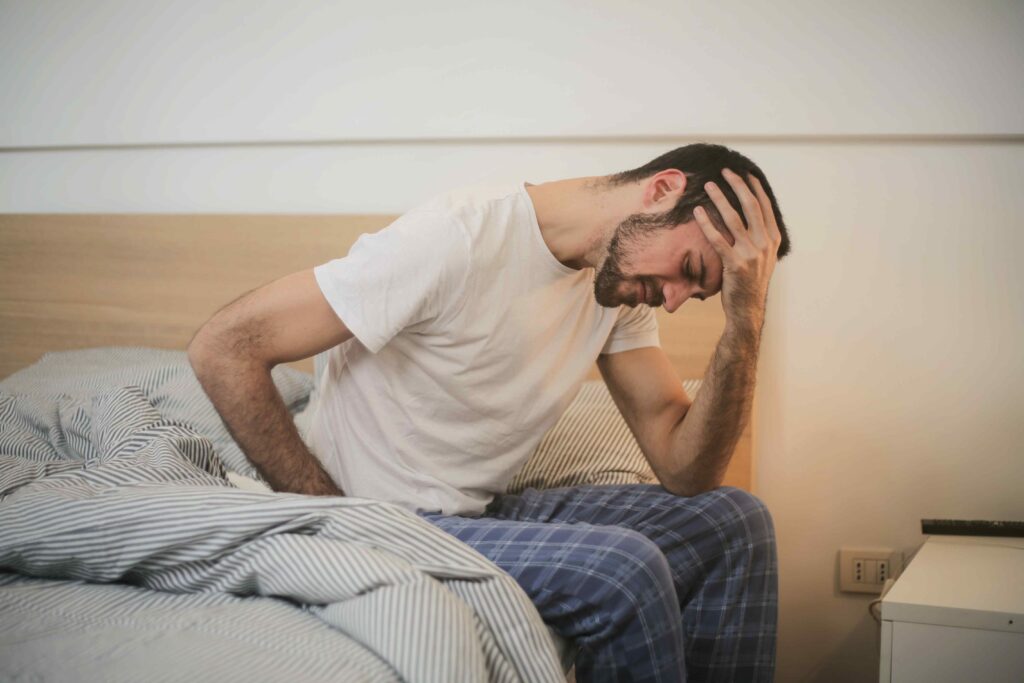
Diet Changes to Consider
If you’re experiencing back pain, making some changes to your diet can help alleviate discomfort. First and foremost, it’s essential to maintain a healthy weight. Carrying excess pounds puts added stress on your spine and can exacerbate back pain. Eating a balanced diet rich in fruits, vegetables, lean protein, and whole grains is the best way to achieve and maintain a healthy weight.
Incorporating anti-inflammatory foods into your diet may also help relieve back pain caused by inflammation. These include fatty fish such as salmon and tuna, leafy greens like spinach and kale, nuts like almonds and walnuts, berries like strawberries and blueberries, and spices like turmeric.
Finally, staying hydrated is crucial for overall spinal health. Drinking plenty of water keeps the discs between your vertebrae hydrated which helps cushion the spine. Aim for at least eight glasses of water per day or more if you are active or live in a hot climate.
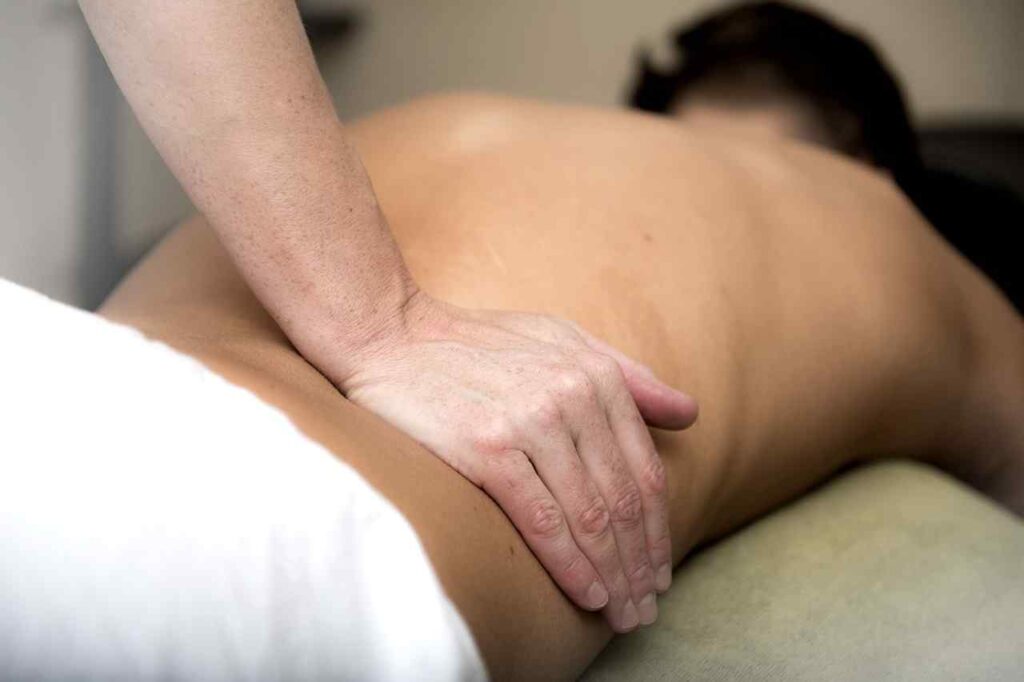
Lifestyle Adjustments to Risk Factors And Posture
Your back is an essential part of your body that supports the entire weight of your upper torso and provides mobility to perform various physical activities. However, several factors can cause pain in your back and affect your daily routine. Some common reasons for back pain include poor posture, lack of exercise, excessive weight gain, or a sedentary lifestyle. In some cases, underlying medical conditions such as arthritis or herniated discs may also contribute to chronic back pain.
Fortunately, making simple lifestyle adjustments can significantly reduce the risk of developing back pain or alleviate existing discomfort. Regular exercise can help strengthen the muscles that support your spine and improve flexibility. Maintaining good posture while sitting or standing can also prevent undue pressure on the spine and promote healthy alignment. Additionally, maintaining a healthy diet and managing stress levels are crucial aspects of ensuring optimal spinal health.
In conclusion, it's important to be mindful about taking care of your spine and make necessary lifestyle changes to prevent any long-term damage that may lead to chronic pains in future.
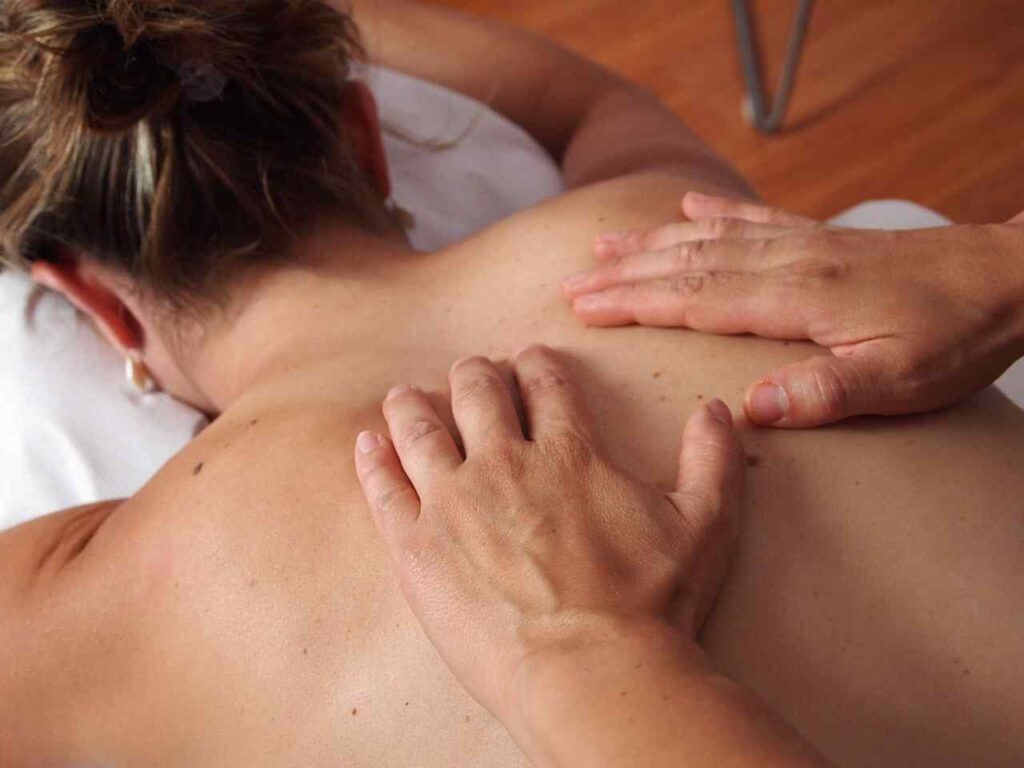
Conclusion
In conclusion, there are various reasons why someone might experience back pain. Some of the most common causes include poor posture, lack of physical activity, muscle strain or sprain, and underlying medical conditions such as arthritis or herniated discs. It is important to identify the underlying cause of your back pain in order to determine the best course of treatment.
While some cases of back pain can be relieved with rest and over-the-counter pain medication, others may require more extensive treatment such as physical therapy or surgery. Additionally, taking steps to improve your posture and incorporating regular exercise into your routine can help prevent future episodes of back pain.
Overall, if you are experiencing persistent or severe back pain it is recommended that you seek medical attention from a healthcare professional who can properly diagnose and treat your condition.

Related Articles
Care Credit Why Does My Back Hurt?
https://www.carecredit.com/well-u/health-wellness/why-does-my-back-hurt/
Well Chiropractic Why Does My Back Hurt 10 Common Causes Of Back Ache
https://wellchiropractic.com/why-does-my-back-hurt-10-common-causes-of-back-pain/
Temple Health Why Does My Back Hurt?
https://www.templehealth.org/about/blog/why-does-my-back-hurt
Shape Why Does My Back Hurt?
https://www.shape.com/lifestyle/mind-and-body/why-does-my-back-hurt
Body Set Why Does My Back Hurt After A Shift?
https://www.bodyset.co.uk/health-news/why-does-my-back-hurt-after-a-shift/
Sinicropi Spine Why Does My Back Hurt Day Goes
https://sinicropispine.com/back-hurt-day-goes/
The Mayfair Clinic Why Does My Back Hurt When I Lay Down?
https://themayfairclinic.com/why-does-my-back-hurt-lying-on-a-flat-surface/
Silky Patel MD
https://silkypatelmd.com/why-does-my-back-hurt-when-i-lay-down-flat-at-night/
DFW Back Why Does My Back Hurt?
https://www.dfwback.com/morning-lower-back-pain/
Prairie Spine Why Does My Back Hurt In The Morning?
https://prairiespine.com/spine-care/why-does-my-back-hurt-in-the-morning/
Ace Fitness Why Does My Back Hurt When I Do Sit Ups
Summitartho Why Does My Back Hurt When I Take Deep Breaths
https://www.summitortho.com/2022/01/19/why-does-my-back-hurt-when-i-take-deep-breaths/
Nerd Momma Why Do Farts Smell So Bad?
https://nerdmomma.com/why-do-farts-smell-so-bad-7-smelly-farts-facts/#more-2906
Nerd Momma Why Do I Feel dizzy?
https://nerdmomma.com/why-do-i-feel-dizzy-causes-treatment-4-dizziness/#more-2821
